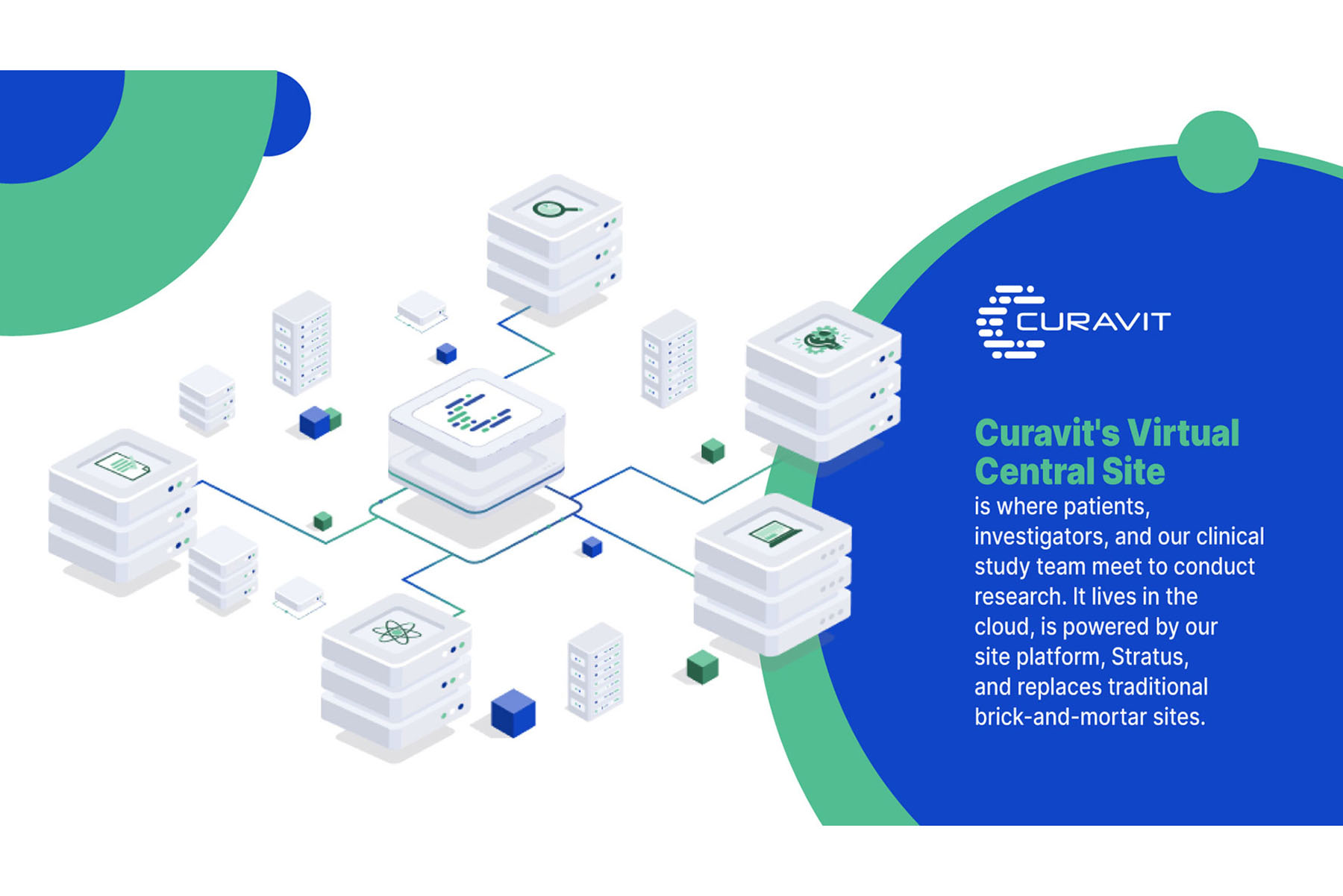Introduction to technology integration in K-12 education
Technology has become an integral part of our lives, transforming the way we communicate, work, and learn. In the K-12 education system, the integration of technology has the potential to revolutionize teaching and learning, enhancing student engagement, collaboration, and critical thinking skills. As educators, it is essential to understand the impact of technology integration in order to make informed decisions about its implementation. This comprehensive meta-analysis aims to provide valuable insights into the research on technology integration in K-12 education.
Understanding meta-analysis in education research
Meta-analysis is a research method that involves systematically analyzing and synthesizing the results of multiple studies on a particular topic. It provides a more comprehensive and reliable understanding of the research findings by combining data from various studies. In the context of education research, meta-analysis allows us to examine the overall effects of technology integration on student outcomes, such as academic achievement, motivation, and engagement.
The importance of meta-analysis in technology integration research
Meta-analysis plays a crucial role in technology integration research in K-12 education. It allows us to overcome the limitations of individual studies, such as small sample sizes, methodological differences, and conflicting or inconclusive results. By pooling the data from multiple studies, we can identify patterns, trends, and generalizable findings that can inform evidence-based practice and policy decisions. Meta-analysis also enables us to quantify the effect sizes of technology integration, providing a more objective measure of its impact on student learning.
Methodology of the meta-analysis
To conduct this comprehensive meta-analysis, a systematic search was conducted to identify relevant studies on technology integration in K-12 education. Studies were included if they met specific criteria, such as being published in peer-reviewed journals, using rigorous research designs, and measuring student outcomes related to technology integration. After a thorough screening process, a final set of studies was selected for data extraction and analysis.
Key findings and trends from the meta-analysis
The meta-analysis revealed several key findings and trends in technology integration research in K-12 education. Firstly, technology integration positively impacts student outcomes across various subject areas and grade levels. Students who engage in technology-rich learning environments demonstrate higher levels of achievement, motivation, and engagement compared to those in traditional classrooms. Secondly, certain factors, such as teacher professional development, pedagogical approaches, and access to technology resources, significantly influence the effectiveness of technology integration. Thirdly, the use of specific technologies, such as interactive whiteboards, educational software, and online collaboration tools, shows promising results in enhancing student learning.
Implications for technology integration in K-12 education
The findings of this meta-analysis have important implications for technology integration in K-12 education. Educators and policymakers should prioritize the professional development of teachers to ensure they have the necessary skills and knowledge to effectively integrate technology into their instructional practices. Schools should also provide equitable access to technology resources and support, particularly for students from disadvantaged backgrounds, to bridge the digital divide. Additionally, the integration of technology should align with pedagogical approaches that promote active and student-centered learning, fostering critical thinking, creativity, and collaboration.
Challenges and limitations of the meta-analysis
While meta-analysis provides valuable insights, it is not without its challenges and limitations. One challenge is the availability and quality of existing studies on technology integration in K-12 education. Many studies have small sample sizes, limited geographical or cultural diversity, and varying definitions and measures of technology integration. Moreover, the rapid pace of technological advancements poses a challenge in keeping up with the latest research. Despite these challenges, this meta-analysis provides a comprehensive overview of the existing research and identifies areas for further investigation.

Future directions for technology integration research
As technology continues to evolve, it is essential to continue researching its impact on teaching and learning in K-12 education. Future research should explore emerging technologies, such as artificial intelligence, virtual reality, and adaptive learning systems, and their potential for enhancing student outcomes. Additionally, more studies are needed to investigate the long-term effects of technology integration and its impact on diverse student populations. Researchers should also focus on identifying effective strategies for supporting teachers in integrating technology and overcoming barriers to implementation.
Resources for implementing technology integration in K-12 education
Implementing technology integration in K-12 education requires a collaborative effort from educators, administrators, and policymakers. Fortunately, there are numerous resources available to support this endeavor. Professional organizations, such as the International Society for Technology in Education (ISTE), offer guidelines, frameworks, and professional development opportunities for educators. Online platforms, such as Edutopia and Common Sense Education, provide a wealth of resources, lesson plans, and best practices for integrating technology into the curriculum. Additionally, school districts and educational institutions should invest in infrastructure, technology resources, and ongoing support to ensure successful implementation.
